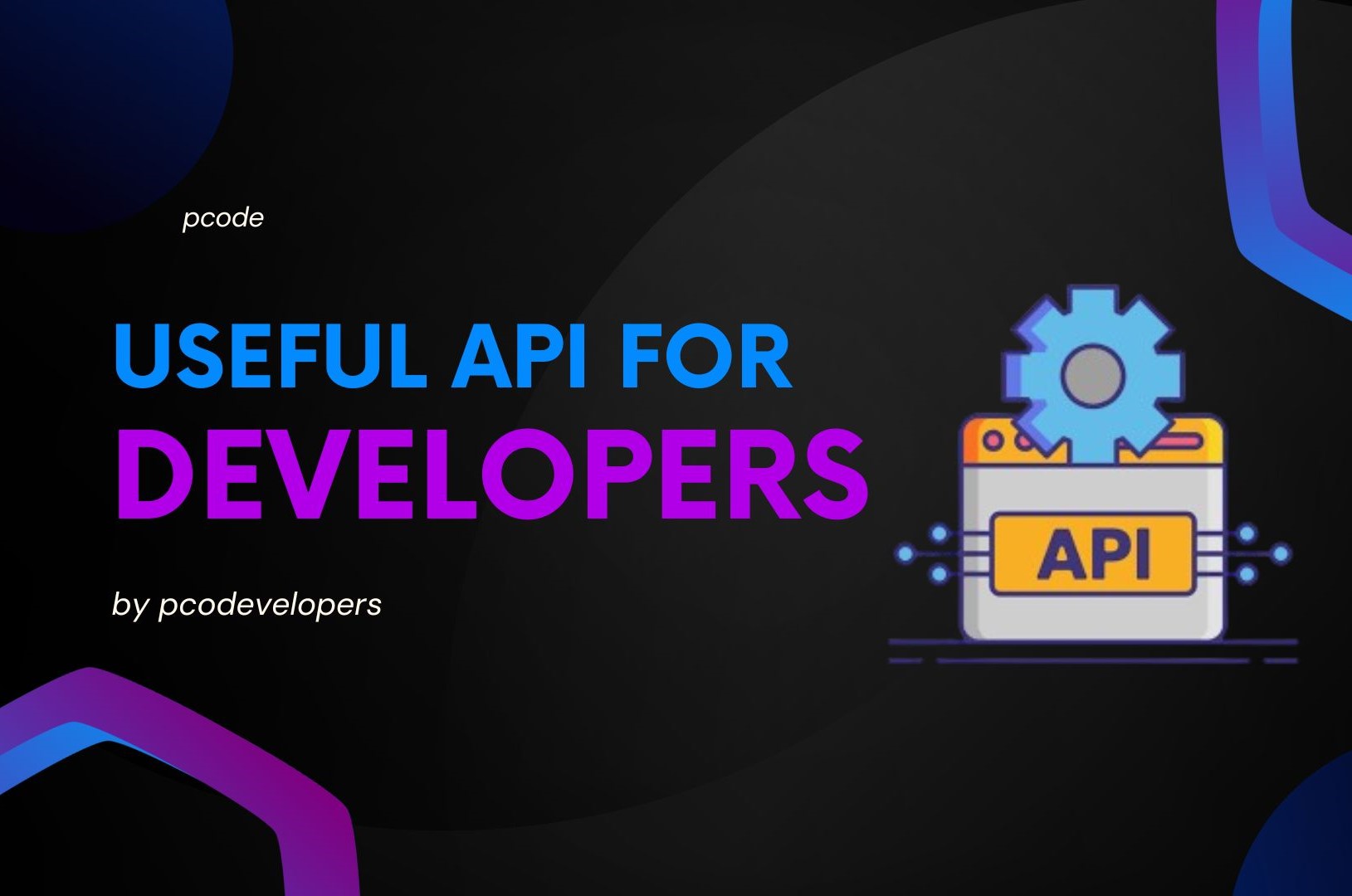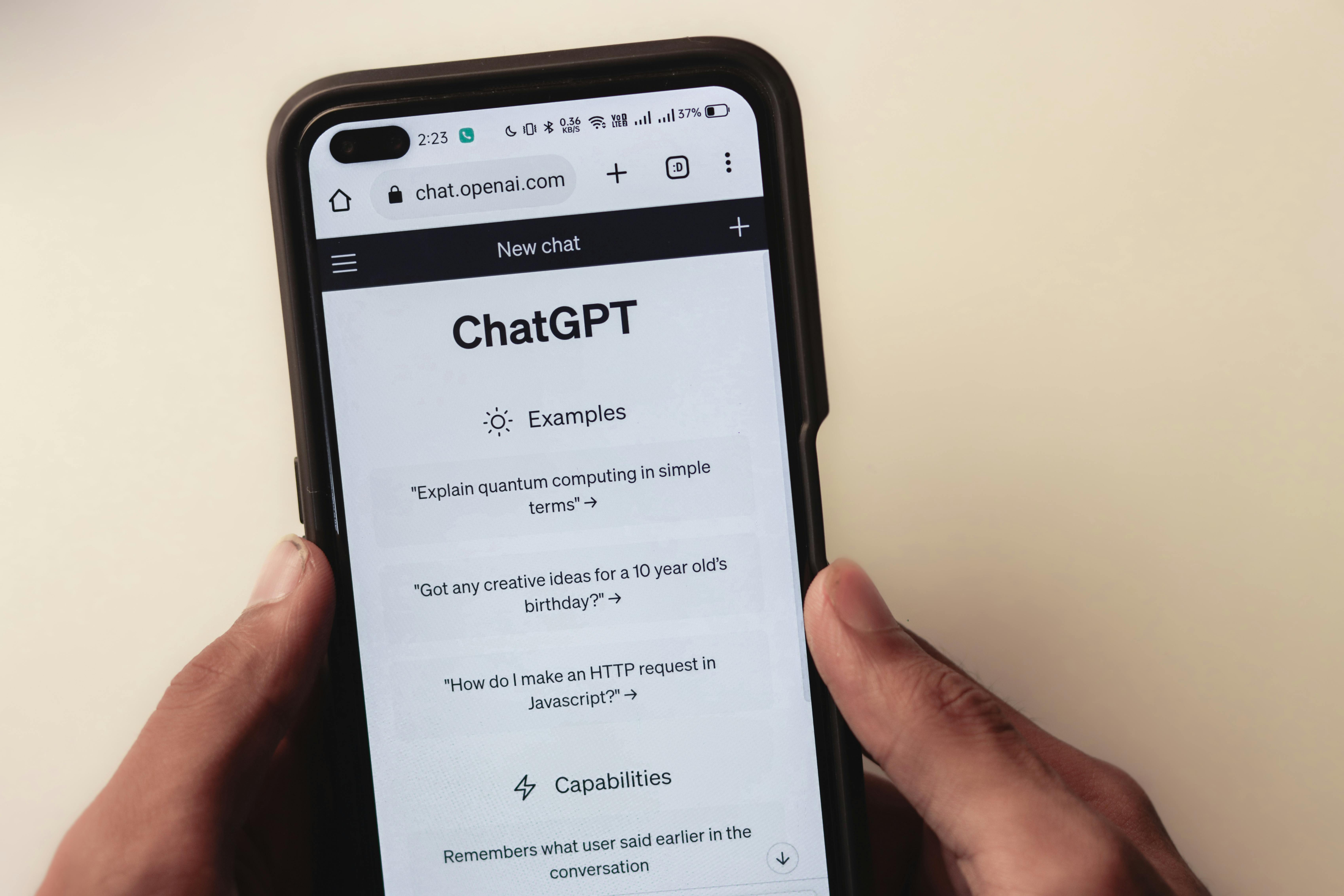Whether you're new to coding or have some experience under your belt, APIs are a great way to bring your app ideas to life quickly. But what exactly are APIs? Let’s break it down.
API stands for Application Programming Interface, which is essentially a set of rules that allows one program to communicate with another. Think of it as a middleman that lets two different applications talk to each other. When you use an app to check the weather, post a tweet, or view a map, APIs are at work behind the scenes, pulling data from one place to another.
For developers, APIs are incredibly useful because they allow you to tap into the data and functionality of other services without having to build everything from scratch. In this article, we'll cover some of the most useful APIs that can make your life easier as a developer and boost the functionality of your app or website.
Why Use APIs?
Before we dive into the list, let’s look at why APIs are so useful:
- Faster Development: APIs allow you to use pre-built functionality, meaning you don’t have to code everything yourself.
- Data Access: With APIs, you can access real-time data from third-party services like weather reports, user profiles, or financial transactions.
- Integration: APIs allow you to integrate your app with popular services like Google Maps, Twitter, or Facebook, making your app more powerful and user-friendly.
Now, let’s explore some of the most useful APIs for developers.
1. Google APIs
Google offers a massive collection of APIs that support various services like maps, search, and analytics. Here are a few of the most useful:
- Google Maps API: This API allows you to add interactive maps to your website or app. You can customize maps, mark locations, and create navigation features. It’s widely used in travel apps, delivery services, and geolocation-based services.
- Google Translate API: This handy tool automatically detects and translates the text on your site or app into different languages, making it accessible to a global audience.
- Google Analytics API: Want to measure the traffic and user behavior on your app? This API gives you access to detailed analytics, allowing you to track who’s visiting your app, how long they’re staying, and what features they’re interacting with.
2. Twitter API
The Twitter API allows developers to integrate Twitter features into their apps. You can pull tweets, post statuses, or analyze trends. This is especially useful for social media apps or for websites that want to display live Twitter feeds. For instance, if you're building an app that tracks trending topics, the Twitter API is perfect for gathering real-time data.
3. Facebook API
Facebook provides a variety of APIs for different functionalities:
- Facebook Login API: This allows users to log in to your app using their Facebook account, making the login process faster and more convenient.
- Graph API: It allows you to access user data, posts, and other social media interactions. You can use this to create a more personalized user experience.
4. Stripe API
For developers building e-commerce websites or any platform that handles payments, the Stripe API is one of the best out there. It allows you to integrate payment processing features into your website or app, handling credit card payments, subscriptions, and even fraud prevention with minimal hassle.
5. Weather APIs
Weather APIs like the OpenWeatherMap API or Weatherstack give you access to weather data such as current conditions, forecasts, and historical data. If you’re building a travel app, outdoor event planning tool, or any app that benefits from knowing the weather, these APIs are incredibly helpful.
6. YouTube API
With the YouTube API, you can add YouTube videos to your app or website, fetch data about videos, and even allow users to search YouTube content from within your platform. If your app relies on multimedia or user-generated content, the YouTube API is a fantastic resource.
7. Firebase API
Firebase is Google’s platform for building mobile and web applications. The Firebase API offers a variety of features such as real-time databases, user authentication, and cloud storage. It’s perfect for developers who want to build apps with minimal back-end coding. Plus, Firebase is easy to integrate and scalable, making it a good choice for both beginners and experienced developers.
8. Spotify API
If you’re working on a music-related app, the Spotify API allows you to access Spotify’s massive library of songs, albums, and playlists. You can retrieve user data, create playlists, and even control Spotify playback directly from your app. This is perfect for apps related to music discovery, radio streaming, or even social listening.
9. Twillio API
Twillio provides APIs for building communication features like SMS, voice, and video into your apps. If you want to add features like two-factor authentication, customer support chat, or even automated calls, the Twillio API is your go-to.
10. News API
If your app relies on current events or breaking news, the News API allows you to pull in articles from major news outlets like CNN, BBC, and many more. You can filter articles by category, publication date, and even keyword. This is useful for apps focused on content curation or news aggregation.
Getting Started with APIs
As a beginner, it’s important to start small and focus on one or two APIs that align with your project needs. Most APIs come with documentation that walks you through setup and implementation. Popular platforms like Google, Facebook, and Stripe provide robust support and even sample code to help you get started.
When working with APIs, you’ll typically use RESTful architecture. This means you'll send a request (usually in the form of an HTTP GET or POST) and get a response in JSON format, which your app can then interpret and display.
Conclusion
APIs are powerful tools that can save you time, provide valuable data, and enable richer functionalities in your app or website. As you continue developing, you’ll find that APIs open up countless possibilities and can greatly enhance your project. Whether you need maps, payment processing, social media integration, or weather data, there’s likely an API for that.






